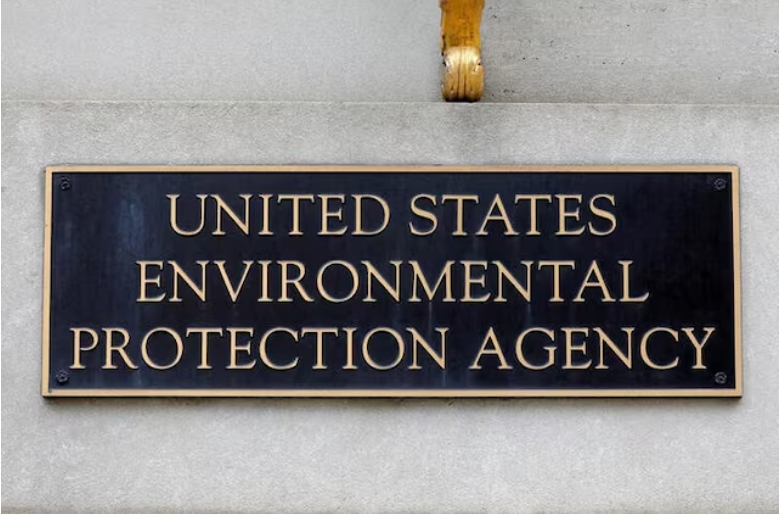
The U.S. Court of Appeals for the District of Columbia Circuit rejected a request filed by 25 Republican attorneys general for an administrative stay, which would have put the rule, which goes into effect in July, on hold while the court considers whether to impose a longer stay order.
The rule, a key part of Democratic President Joe Biden's broader climate agenda, mandates that many new gas and existing coal plants reduce their greenhouse gas emissions by 90% by 2032.
It has been challenged in multiple lawsuits by 27 Republican attorneys general from states including West Virginia, Indiana, Ohio and Kansas, as well as electric utility, mining and coal industry trade groups. Only 25 of the attorneys general had asked for an administrative stay, although the lawsuits have all been consolidated.
The court didn't explain its Friday decision, but gave the EPA until mid-June to respond to the challengers' requests for a longer pause on the rule while the court considers the merits of the case.
A spokesperson for the National Rural Electric Cooperative Association, a utility industry group that challenged the rule, said in a statement that the group looks forward to the court's decision on their request for a lengthier stay.
Spokespeople for the other challengers and the EPA did not immediately respond to requests for comment.
The rule could force the U.S. power industry - a sector responsible for nearly a quarter of the country's greenhouse gas pollution - to install billions of dollars' worth of emissions control technologies or shut down the dirtiest facilities running on coal.
The EPA said in the rule that the strict emissions reductions are feasible if power plants install carbon capture and sequestration (CCS) technologies, which capture emissions before they are released into the atmosphere.
But the challengers have claimed that technology has not been meaningfully deployed in the real world, and would be too costly to install.
They have also claimed the rule exceeds the EPA's authority under the Clean Air Act, and would radically transform the nation’s energy grid without explicit congressional permission to do so.
The EPA, however, has said it believes CCS is viable and cost-effective, and is well within the agency's authority under the law.
On Thursday, a group of 21 Democrat-led states including New York, California and Arizona, and five Democratic-led cities including Chicago and Denver, asked to defend the rule in court alongside the EPA. They said they have a significant interest in defending the rule since it will benefit them by helping to mitigate the costly and even deadly impacts of climate change.
They said that while their overall goals align with those of the EPA in the litigation, their specific interests in protecting their state lands and citizens are different from the EPA’s interests as a pollution regulator.
The lead case is West Virginia et al. v. U.S. Environmental Protection Agency, in the U.S. Circuit Court of Appeals for the District of Columbia Circuit, case No. 24-1120.
For the state challengers: Their respective attorneys general offices
For the industry groups: Attorneys at Troutman Pepper Hamilton Sanders, Lehotsky Keller Cohn, Baker Botts and McGuireWoods
For the EPA: Eric Hostetler, Elliot Higgins and Chloe Kolman of the U.S. Department of Justice